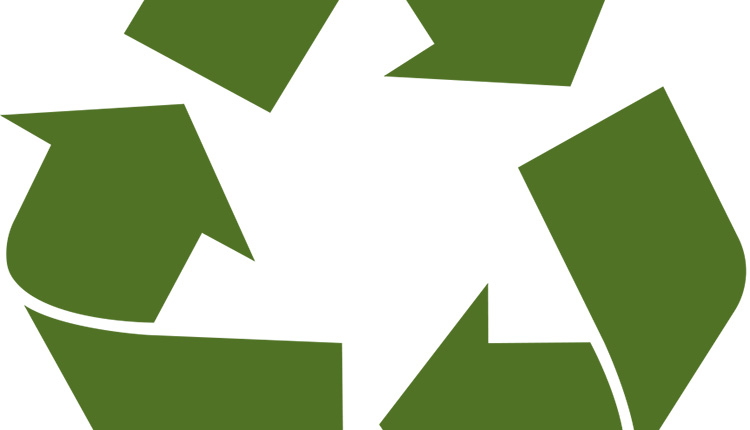With many businesses rushing to consider their environmental impact, closed-loop recycling should be a process high up on the agenda.
Closed-loop recycling is defined as the process by which a product is used, recycled, and then made into a new product if it can’t be reused in the first instance. The process results in no waste going for energy recovery or landfill.
This is crucial in light of tighter government legislation such as the plastic packaging tax introduced last April and the impending single-use plastic ban in October 2023.
With this in mind, we share our tips on how you can bring your organisation’s processes full circle.
What are the benefits for businesses?
Embracing closed-loop methods offer significant benefits, including:
- Decreased air pollution by producing little to no greenhouse gas emissions in the creation of new plastics from oil extraction.
- Reduced landfill space and landfill taxes for businesses.
- Minimised risk of harm to wildlife.
- Opportunities to market your sustainable solutions to enhance customer satisfaction among those who prefer to buy sustainably.
We provide some examples of success stories from different sectors:
Retail
Closed-loop recycling methods may offer big opportunities for retailers from a financial and environmental perspective. Clothing stores may choose to trial the take-back model in which customers can return garments to the retailer to be reused or recycled. Alternatively, retailers can take damaged clothing and transform them into other uses.
Packaging can also be a chief concern for retailers. 40% of UK online shoppers, for instance, feel they are sent deliveries with packaging that is too big for what they ordered. One of the best ways to limit extraneous packaging is to employ a closed-loop solution. This could include recycling old or broken materials or reusing packaging which would ordinarily be disposed as single use.
Manufacturing
Closed-loop recycling is a particularly effective system in manufacturing. Partnering with a waste management service can give better guidance on waste segregation at project depots to achieve zero waste.
Problematic and difficult-to-process waste streams may include silicon, PVC banners, and fibre-based and laminated packaging. However, with the right guidance, even these difficult plastic waste materials can be recycled back into other products.
[ymal]
Hospitality
Food waste is particularly problematic as it can contaminate many other forms of waste which significantly reduces recycling opportunities. When food waste ends up in a landfill, it decomposes without oxygen which releases methane. The preferred solution is preventing food waste in the first instance, however, anaerobic digestion is the preferred solution for food waste.. This effectively transforms food waste into green electricity as well as producing an effective fertiliser to help grow fresh fruit and vegetables in line with circular principles.
Construction
Construction is another sector which typically produces a high volume of waste. A report published in 2020 shows that the construction sector generated 66.2 million tonnes of waste which represents an astonishing 62% of total UK waste. Another study suggested that 13% of materials delivered to building sites are never used and are consigned directly to waste due to over ordering or bad site practices. To combat this, businesses can strategically conduct a complete review of their processes and embrace closed-loop methods or segregated collections like wood recycling and pallet takeback, plasterboard recycling, and metal recycling.
Instead of immediately resorting to energy from waste or landfill, businesses should pause to consider their recycling options when operating a construction site – this can include every step from the initial site survey to waste removal.
Fully digitising your processes can facilitate this. By using web portals and mobile apps, construction companies can itemise materials and monitor them in and out. Machine-driven algorithms can then filter the data to identify areas where waste can be eliminated and items can be recycled.
SOURCES:
Plastic Packaging Tax: steps to take - GOV.UK
Far-reaching ban on single-use plastics in England - GOV.UK
Retailer clothing take-back guide | WRAP
How can online retailers minimise their waste | Biffa
Plastic Recycling | Singlye- Use Plastics | Reconomy | Waste Management
https://environmentagency.blog.gov.uk/2021/03/28/construction-and-demolition-sites-
do-you-know-whats-in-your-waste/
https://www.bbc.co.uk/news/business-57899572
Only 2% of plastic packaging is recycled in a closed loop.









